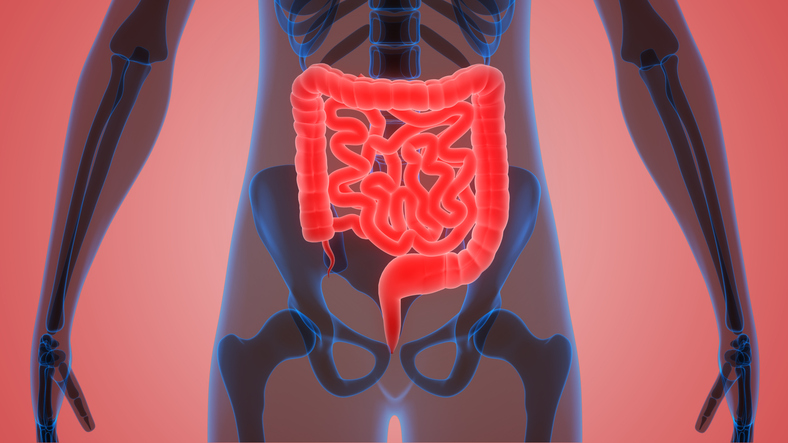

Researchers report it is feasible to recruit and retain acute kidney transplant recipients in trials examining prebiotics on infections and gastrointestinal symptoms, according to data published in the Journal of Renal Nutrition.
Further, they found prebiotics may improve gastrointestinal symptoms among kidney transplant recipients.
“We wanted to undertake an interventional study to address the gastrointestinal burden and high levels of infections in kidney transplant recipients. In a prior study, we found that approximately 80% of our kidney transplant recipients report gastrointestinal symptoms daily.
We also found that the gastrointestinal microbiota is altered as a result of transplantation,” Samuel Chan, MBBS, FRACP, PhD, a consultant nephrologist at the University of Queensland in Australia, told Healio. “Thus, we wanted to see if nutritional therapy (eg, prebiotics) could reduce the gastrointestinal burden and infections in kidney transplant recipients.”
In a double-blind, placebo-controlled, randomized trial, Chan and colleagues randomized 56 acute kidney transplant recipients to receive prebiotics in the form of green banana resistant starch (n=27) or placebo in the form of waxy maize (n=29) for 7 weeks. All patients in the feasibility study received a kidney transplant at the same center and were at least 18 years of age.
For the first 2 weeks after enrollment, patients consumed 7.5 grams of the treatment daily, then increased to 15 grams daily for the final 5 weeks.
During a median follow-up of 1.8 months, 19 patients experienced 22 infectious events. Similarly, 22% of the intervention group were hospitalized and experienced gastrointestinal and skin adverse events, whereas 21% of the control group were hospitalized and experienced cardiovascular, gastrointestinal and skin adverse events.
Patients from both groups experienced similar adherence, tolerability and infection events.
“We found that prebiotics may reduce gastrointestinal symptoms in acute kidney transplant recipients. Our study was small, so it was difficult to make sensible comments about the infections. With more research, we are hoping to let our patients know the results of our study and that infections and gastrointestinal burden may be reduced as a consequence of prebiotic supplementation,” Chan told Healio. “We want to extend our study to undertake a multicenter randomized controlled study of prebiotics [vs.] placebo to look at gastrointestinal burden and infection outcomes.”
more recommended stories
 AI Predicts Chronic GVHD Risk After Stem Cell Transplant
AI Predicts Chronic GVHD Risk After Stem Cell TransplantKey Takeaways A new AI-driven tool,.
 Red Meat Consumption Linked to Higher Diabetes Odds
Red Meat Consumption Linked to Higher Diabetes OddsKey Takeaways Higher intake of total,.
 Pediatric Crohn’s Disease Microbial Signature Identified
Pediatric Crohn’s Disease Microbial Signature IdentifiedKey Points at a Glance NYU.
 Nanovaccine Design Boosts Immune Attack on HPV Tumors
Nanovaccine Design Boosts Immune Attack on HPV TumorsKey Highlights Reconfiguring peptide orientation significantly.
 High-Fat Diets Cause Damage to Metabolic Health
High-Fat Diets Cause Damage to Metabolic HealthKey Points Takeaways High-fat and ketogenic.
 Acute Ischemic Stroke: New Evidence for Neuroprotection
Acute Ischemic Stroke: New Evidence for NeuroprotectionKey Highlights A Phase III clinical.
 Statins Rarely Cause Side Effects, Large Trials Show
Statins Rarely Cause Side Effects, Large Trials ShowKey Points at a Glance Large.
 Anxiety Reduction and Emotional Support on Social Media
Anxiety Reduction and Emotional Support on Social MediaKey Summary Anxiety commonly begins in.
 Liquid Biopsy Measures Epigenetic Instability in Cancer
Liquid Biopsy Measures Epigenetic Instability in CancerKey Takeaways Johns Hopkins researchers developed.
 Human Antibody Drug Response Prediction Gets an Upgrade
Human Antibody Drug Response Prediction Gets an UpgradeKey Takeaways A new humanized antibody.

Leave a Comment